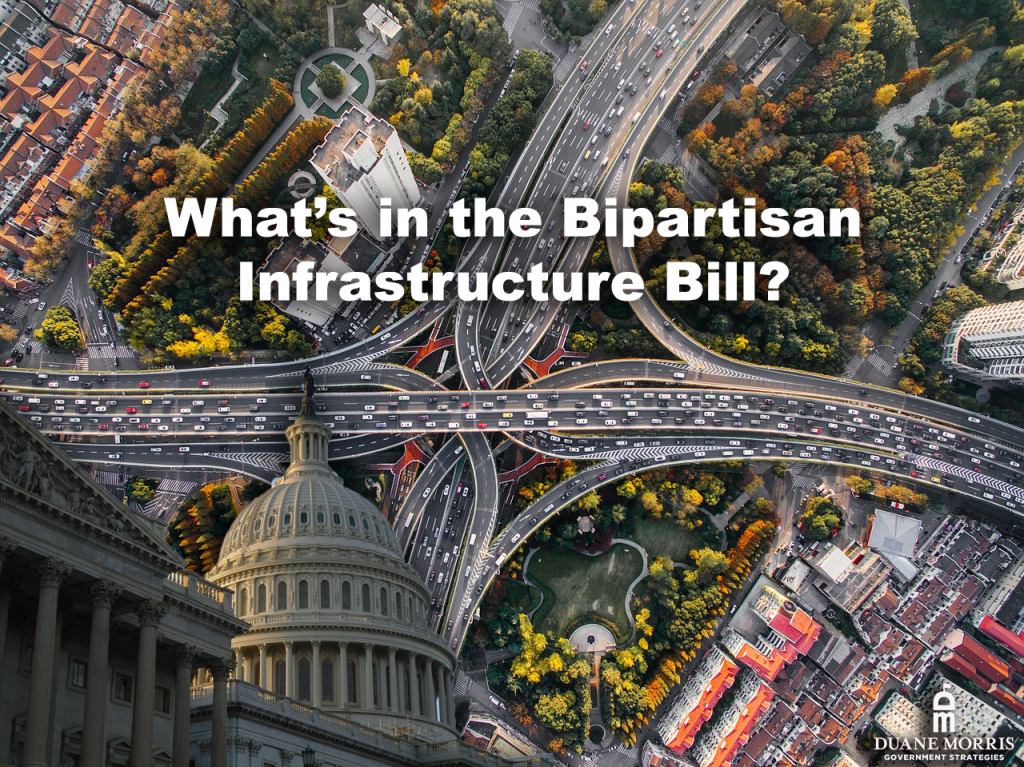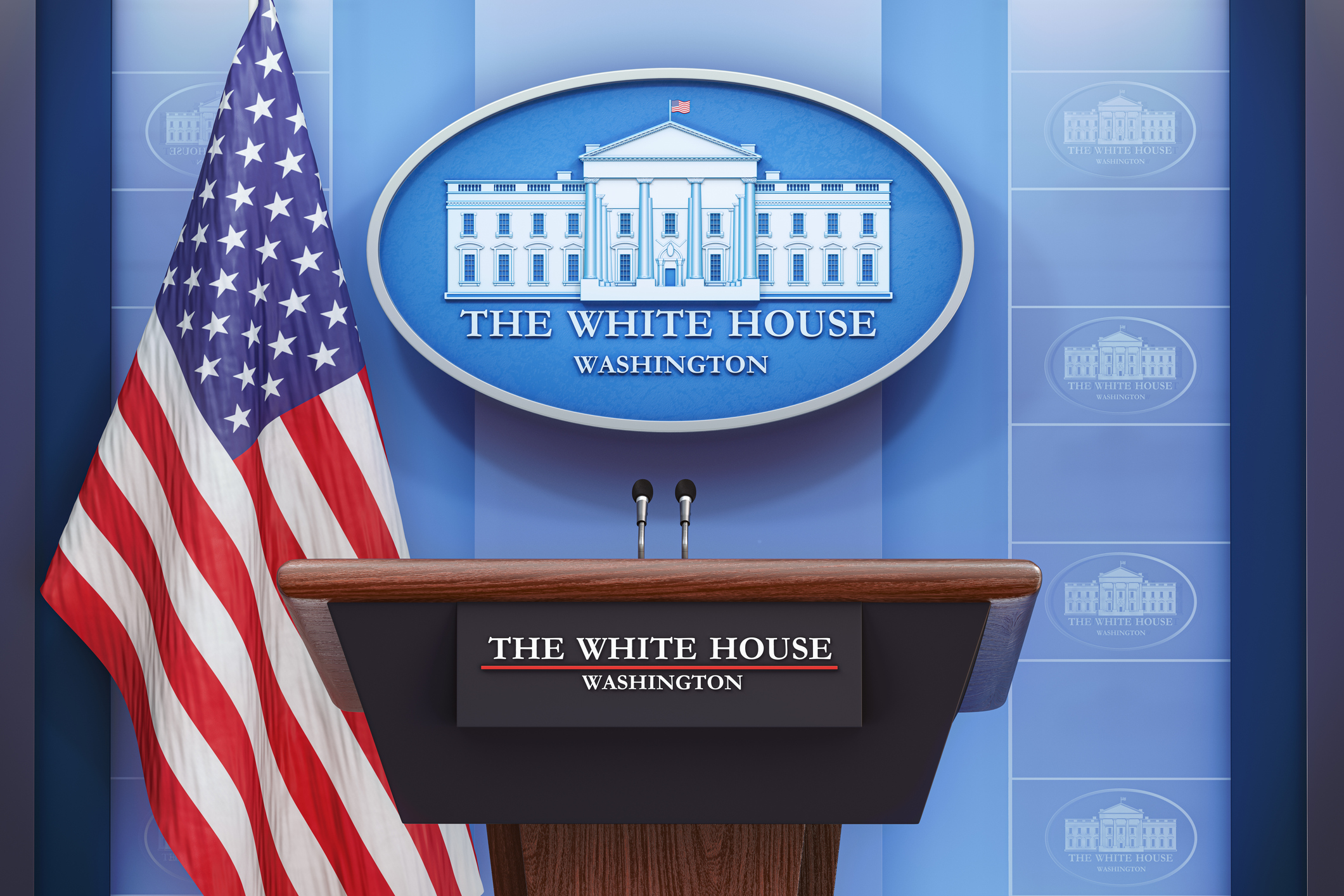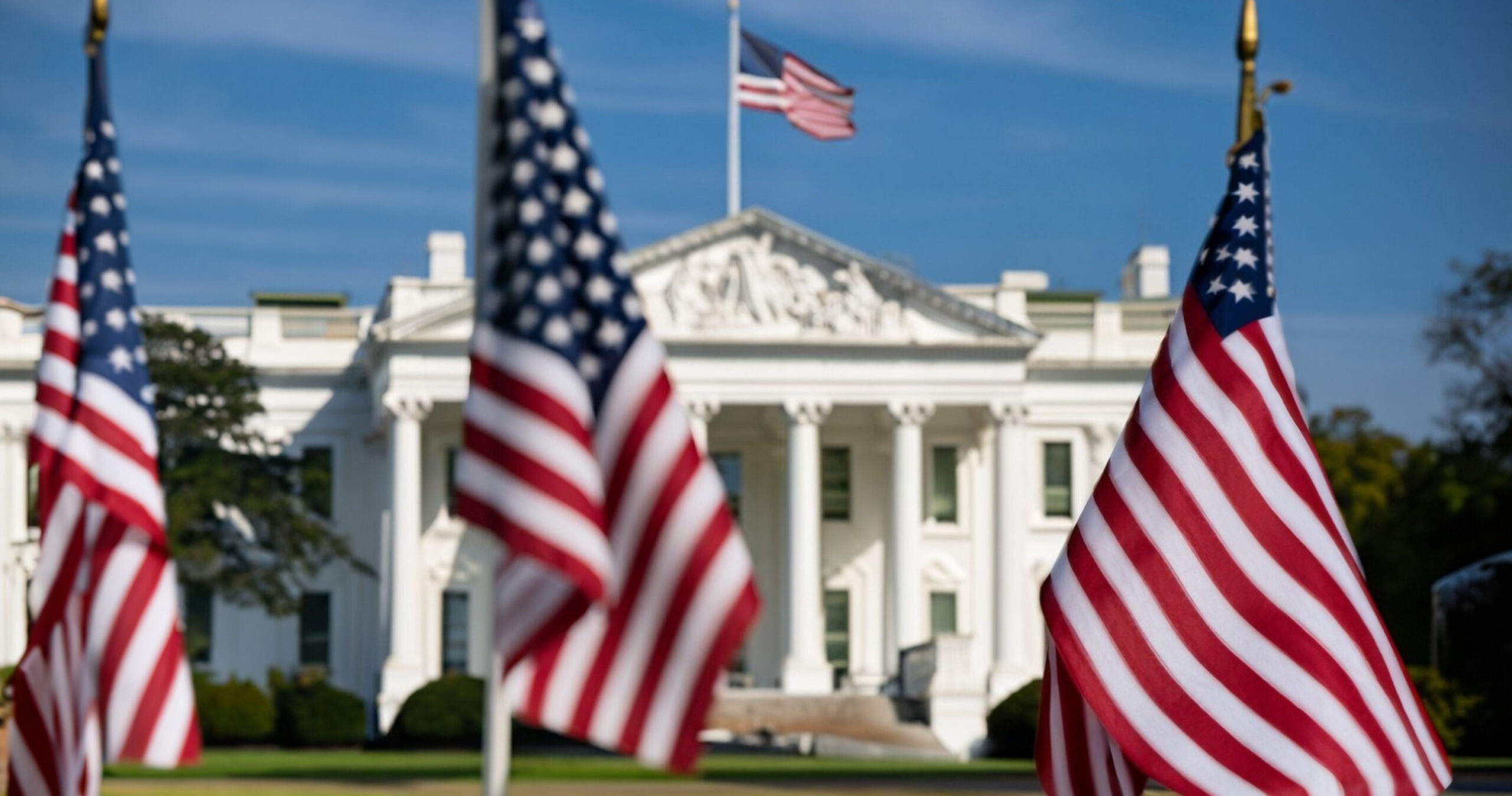After weeks of complex negotiations between progressives and moderates, the House of Representatives finally reached an accord on a bipartisan infrastructure package. The Bipartisan Infrastructure Framework (BIF) represents significant investments in a broad range of America’s physical infrastructure. After years of repeated promises to enact legislation providing for infrastructure funding, Washington policymakers are finally celebrating “infrastructure week”.
The Senate passed its version of the BIF 69-30 on August 10, with 19 Republicans voting in favor. The initial House-passed version of the bill contained a five-year reauthorization of surface transportation—including highway, transit, and rail programs—as well as an expansion of drinking water and wastewater programs.
Passage of the BIF had been delayed in the House, after bipartisan passage in the Senate in spring 2021, because of ongoing negotiations related to the Build Back Better Act (BBB), the Biden administration’s human infrastructure bill complementing the physical infrastructure spending in the BIF. House progressives reached an agreement with moderates to pass the BIF after moderates, who had expressed trepidations about the overall spending of the BBB, agreed to support the BBB provided that the Congressional Budget Office’s scoring of the BBB roughly comported with the Biden’s administration’s budget projections.
While the BBB will still need to be passed in the House and Senate, the BIF is now ready for President Biden’s signature. President Biden is expected to sign the bill into law the week of November 15, 2021. The BIF includes both a five-year authorization of critical federal funding on infrastructure as well as a $550 billion package of brand-new funding to bolster the nation’s fundamental facilities and systems supporting the American way of life.
Among the amounts included in the infrastructure bill are:
- $110 billion for roads, bridges, and major projects;
- $66 billion for passenger and freight rail;
- $65 billion for broadband internet;
- $46 billion for resilience to help states and cities prepare for droughts, wildfires, climate change, and more;
- $39 billion for public transit;
- $17 billion for ports and waterways; and
- $7.5 billion to build out a national network of electric vehicle (EV) chargers in the United States
For more details on the infrastructure bill, see:
- Fact Sheet: The Bipartisan Infrastructure Deal
- Section by Section of Rules Committee Print for H.R. 3684 INVEST in America Act
Latest News
Photo credit: iStock.com/Bet_Noire On January 20, 2025, Donald Trump was inaugurated as the 47th President of the United States, marking the beginning of a second term in office. Trump immediately set the tone for the [...]
Photo credit: iStock.com/Castle City Creative The U.S. president's cabinet is a cornerstone of the executive branch, serving as the president’s closest advisors and leaders of the federal government’s major departments and agencies. Established through [...]
Photo credit: iStock.com/Maha1450 In honor of Presidents’ Day, there is no better time than now to reflect on the significant legislative and executive achievements of our nation's leaders. Throughout the last nearly 250 years, each [...]
Photo Credit: iStock.com/William_Potter H.R. 3746 is a complex bill that aims to address critical financial issues in the United States. It suspends the debt ceiling, imposes spending limits, introduces work requirements, and adjusts energy permitting [...]







Stay In Touch